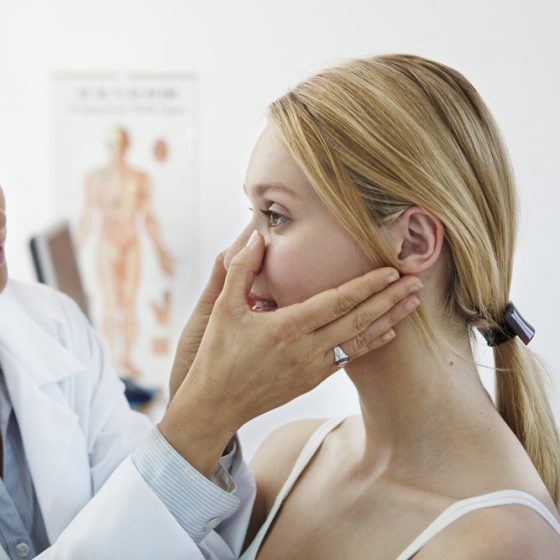Skin
What is skin? Although you may not realise it, your skin is your largest organ. Learn more about its parts, how it functions and how to keep it healthy. Parts of the skin Skin covers your body and has three layers: The top layer is the epidermis (outer layer). This is a thin layer. It provides a waterproof barrier for your body. It also contains cells (melanocytes) that gives your skin colour. The dermis is the middle layer of skin. It is much thicker than your epidermis. It contains tough connective tissue, blood vessels, nerves, hair follicles and sweat glands.

